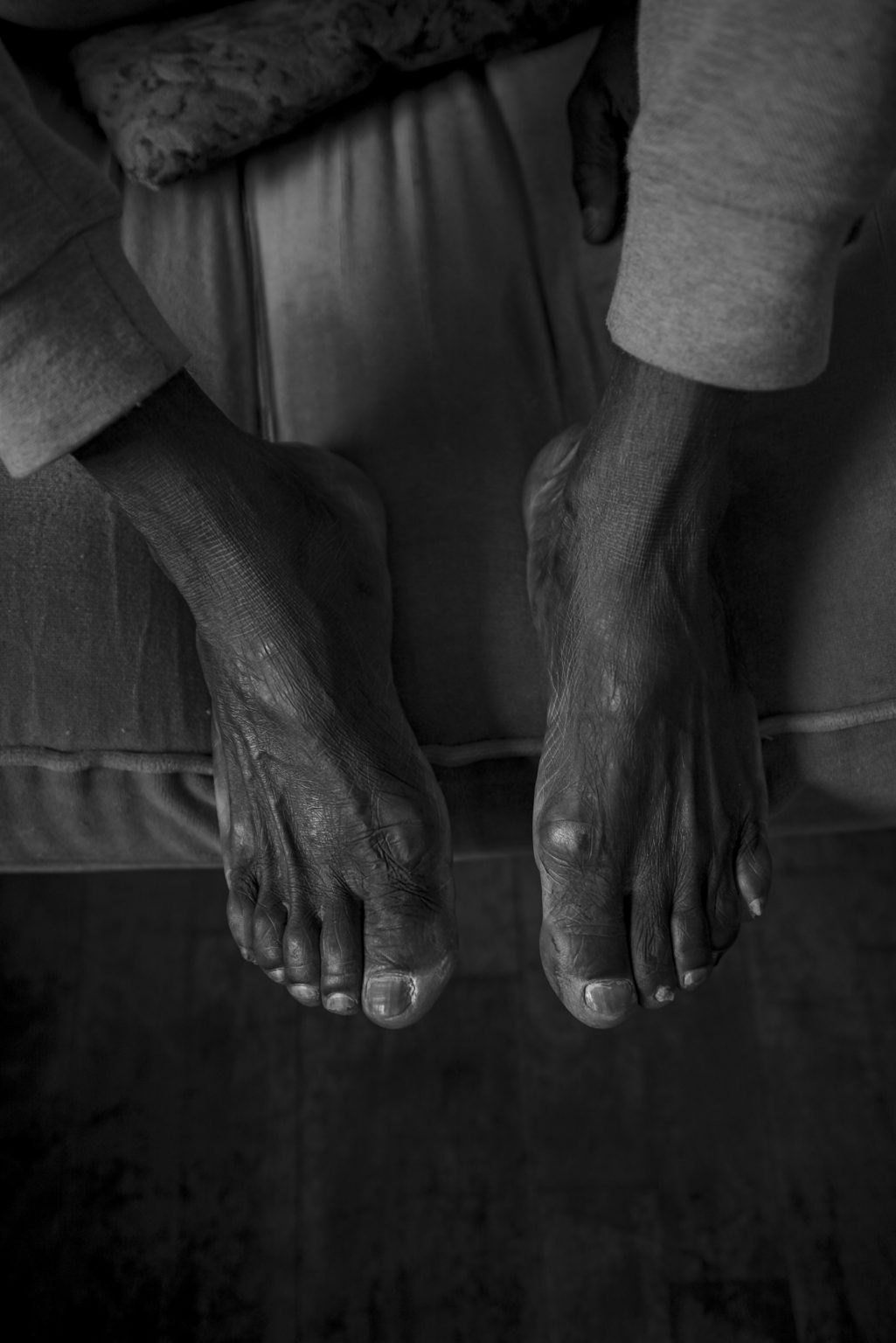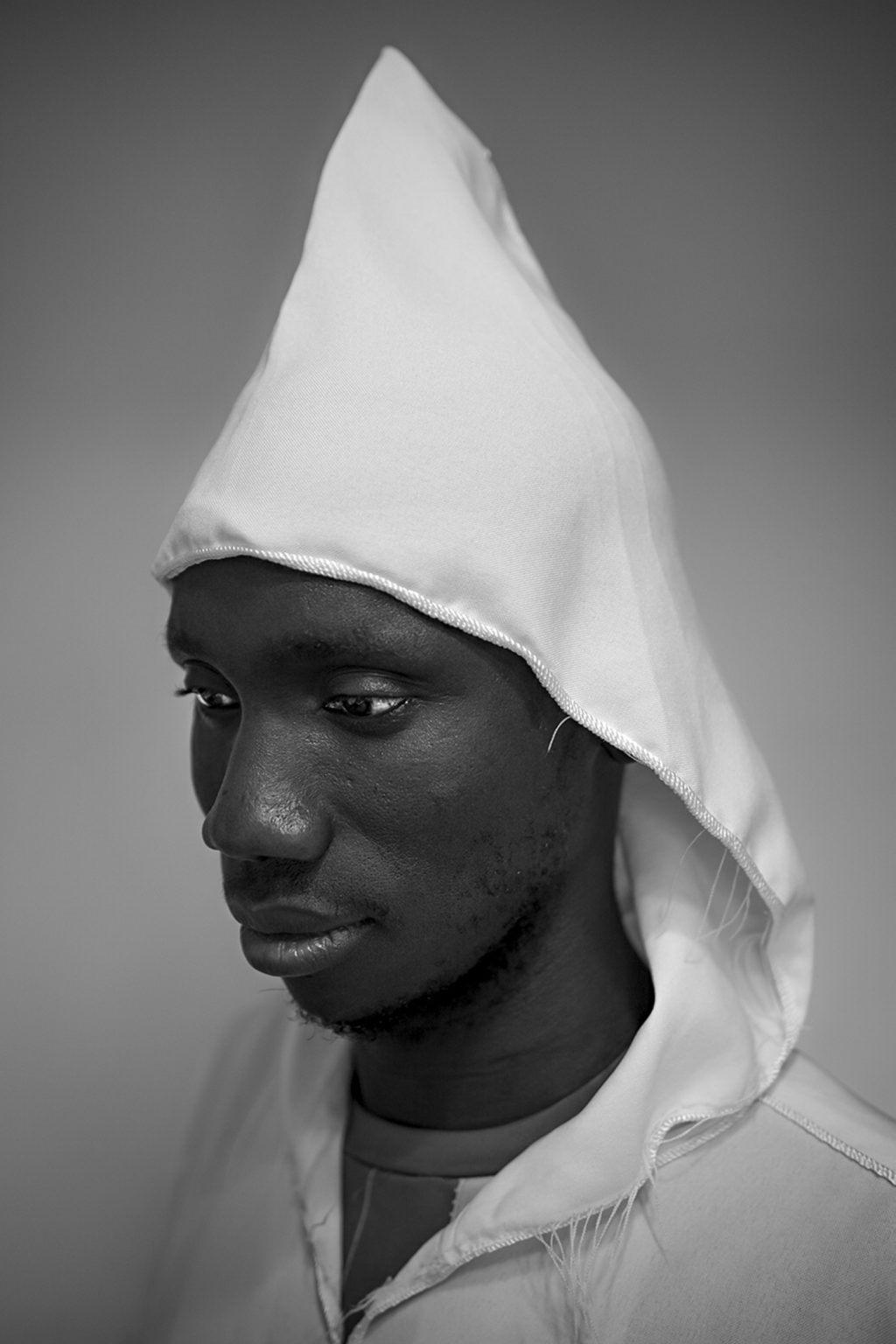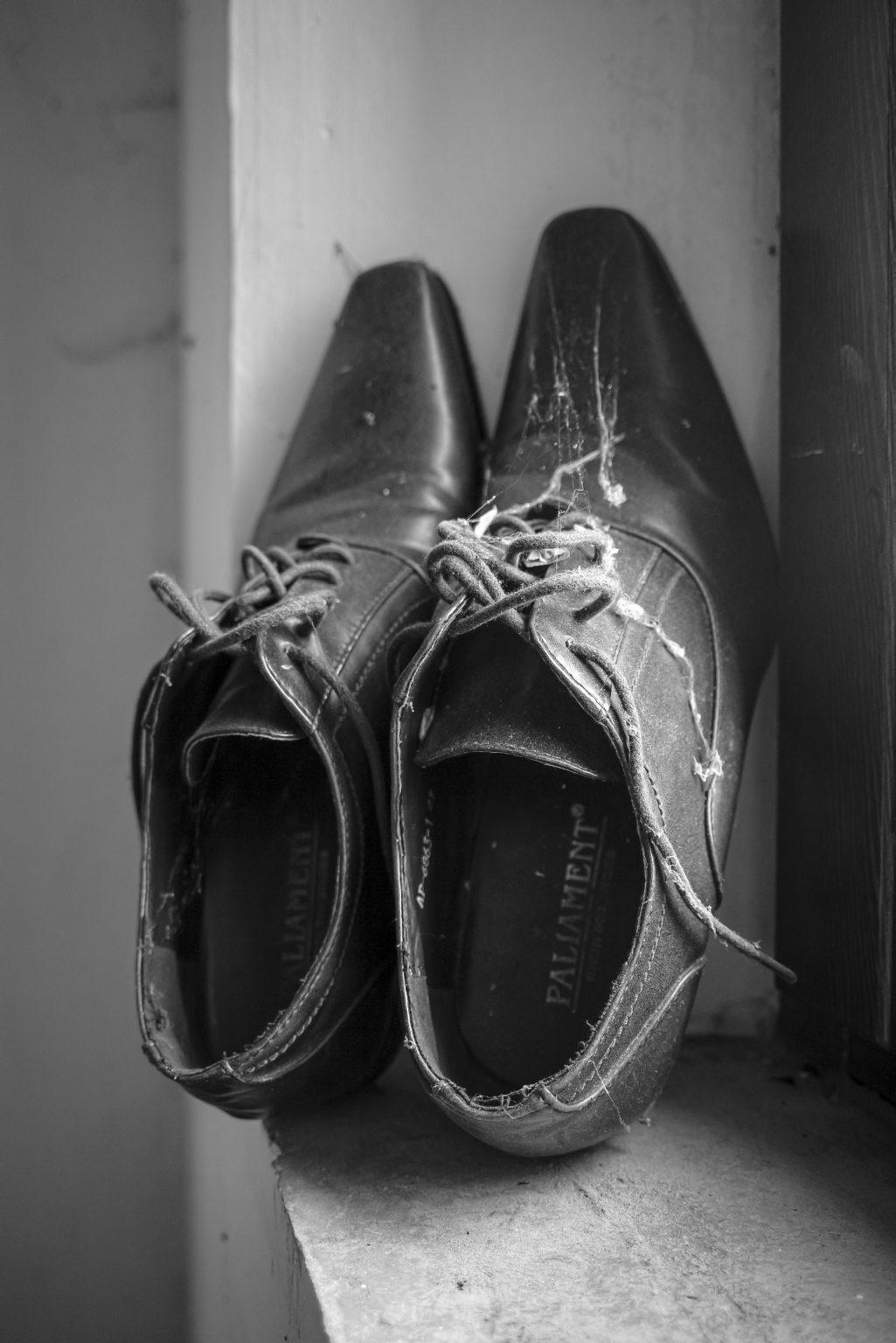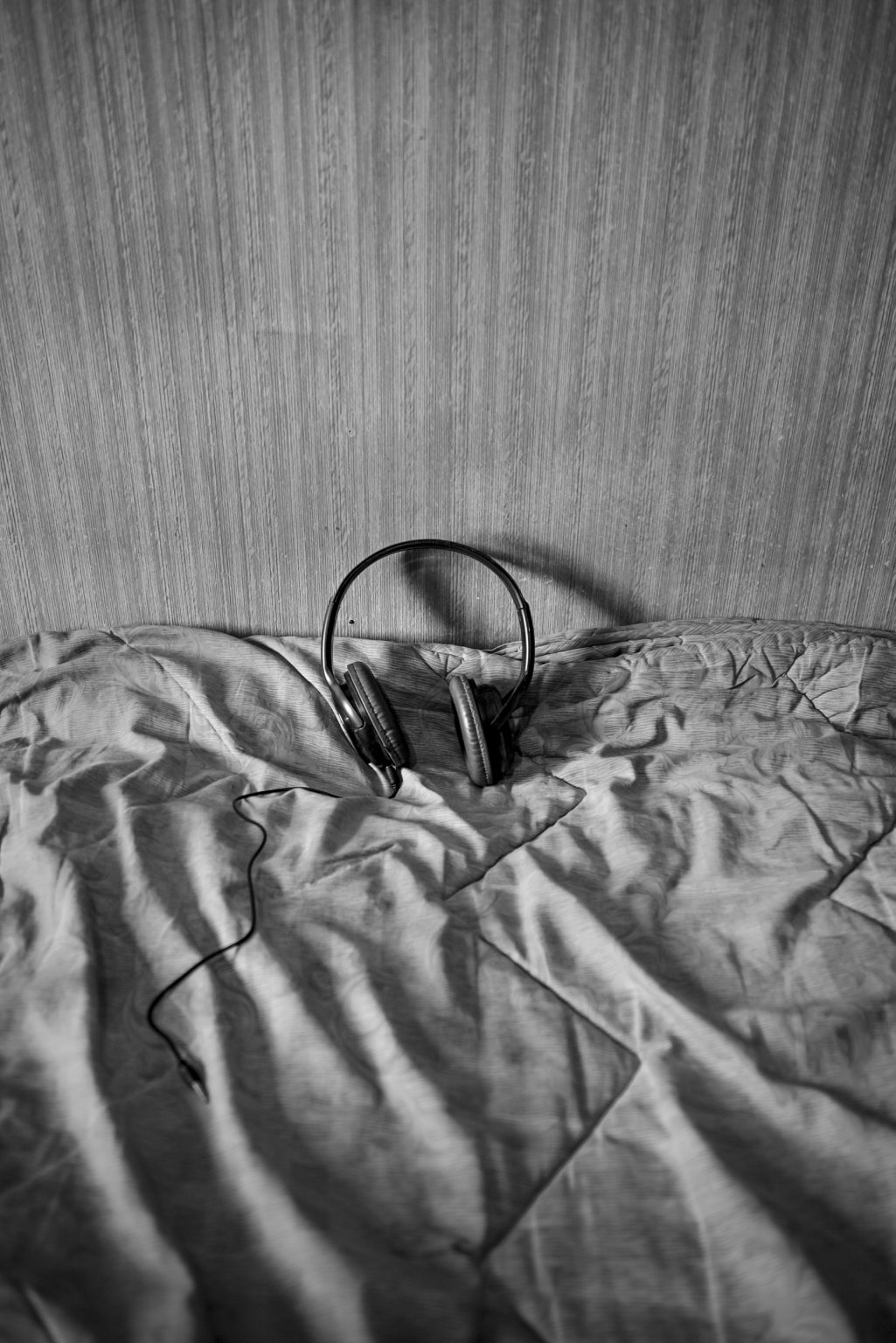In Limbo
The fear of a past that cannot be erased and the hope of a future in Italy. These are the phrases that are often uttered by asylum seekers, men and women who have left everything to seek a new life in our country. They are sentences that become images, strong images of the life lived during the long journey from their countries to Italy. And here, after the fear, after finding survival, they fall in waiting. Waiting for a document that allows them to live. And waiting often hurts more than rejection. Waiting destabilizes, empties, extinguishes hopes, destroys projects, immobilizes. And this is how thousands of asylum seekers in Italy live every day. Waiting for a yes or a no that decides their fate, their future, their life. Their application for asylum is evaluated by a special Commission established by the Ministry of the Interior. It takes months, sometimes even a year, to receive the first answer and if it is negative, it is called Denial. Asylum seekers know this word well because it means the beginning of a legal ordeal. They look for a lawyer and start to appeal, waiting at least 10 months for the first court hearing. And if this also ends negatively, they move on to the last stage: the Supreme Court. Appealing costs thousands of euros, even without a favorable response. And then other years, at least 2, of waiting for the final outcome. If it is negative, everything is over. One has to leave the shelter, perhaps after having managed with a thousand difficulties, to find a job, something similar to a life, has then to leave the country. Estimates of shelter operators say that out of 10 asylum seekers, 9 receive denials, and of these, only 1 manages to make it and legally win by obtaining a residence permit. The wait is exhausting. Not only does it hurt, but it often leads asylum seekers to develop forms of disorders such as stress, insomnia, nightmares and drastic weight loss, while others get lost in the intake of substances that can somehow sedate the wait. A tunnel where thousands of people enter every day to confront an asphyxiating bureaucracy that does not take into account the enormous difficulties faced by all these lives, which are irreparably thrown into the precipice of uncertainty about the present and the future.










